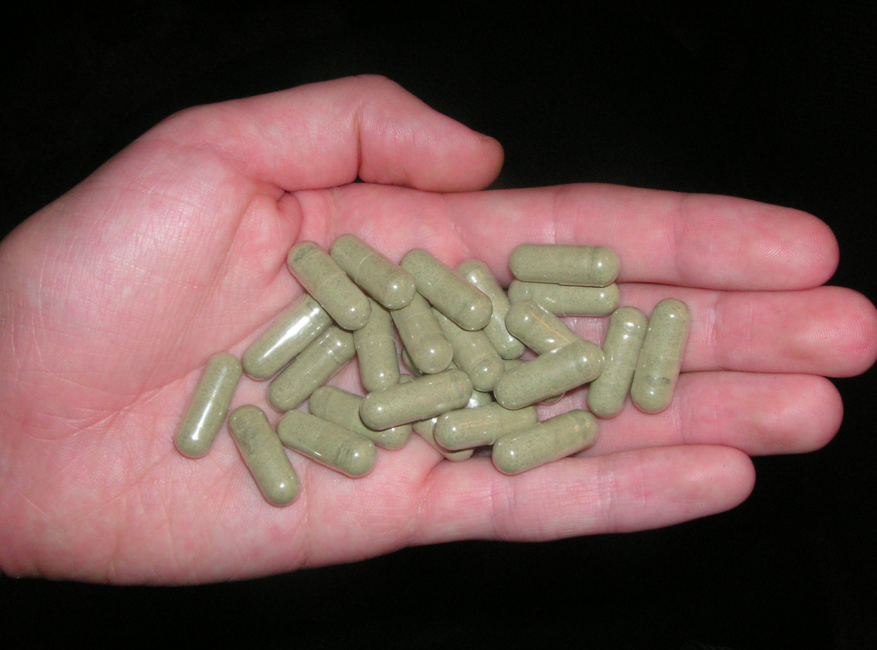Heroin Addicts are Flocking to Controversial Treatment

By:
If you haven't heard of kratom, you're not alone. It's a drug that has, for the most part, evaded mainstream attention. But for recovering heroin addicts in states such as New York, North Carolina, and Florida, kratom has been heralded as an alternative treatment option that helps users wean from harder opiates. That's not to say it doesn't come with risks, according to some critics.
RELATED: Meet the Man Trying to Use Ayahuasca to Treat PTSD
Kratom is a psychoactive drug that's been used in Thailand and other Southeast Asian countries for centuries. The Thai government banned the substance decades ago in response to widespread abuse. And while the FDA banned imports of kratom in 2014, people are still smuggling it into the U.S. You can find it in powder and pill forms in head shops across the country, or you can buy it online.
 Wikimedia - wikimedia.org
Wikimedia - wikimedia.org
In fact, several states have kratom bars, where the herb is brewed into beverages for people who have suffered from opiate addiction and seek relief from the drink's narcotic-like effects. Research on the drug is limited in the U.S., but it has not been directly linked to fatal overdose, leading many to believe that kratom is a safer alternative to heroin and other opiates.
But kratom could have some surprising risks.
A recent report from The New York Times calls those claims into question, however. Though kratom doesn't seem to cause fatal overdose in users, anecdotal evidence suggests that it might not offer the kind of treatment that advocates argue it does. Kratom could cause addiction and taking it might actually lead to greater risk of relapse for recovering heroin addicts.
"Concern is particularly high in South Florida, where a rising concentration of drug-treatment providers has coincided with the sprouting of kratom bars," The New York Times reported. "Bars have recently opened in Colorado, New York, North Carolina and other states where customers nurse brewed varieties, varying in strength, from plastic bottles that resemble those for fruit juice."
_Sumatera_White_Vein_20g.jpg?auto=format&crop=faces&fit=crop&q=60&w=736&ixlib=js-1.1.0) Wikimedia - wikimedia.org
Wikimedia - wikimedia.org
As far as the FDA is concerned, kratom is a botanic dietary supplement and, therefore, exempt from the kind of regulation that's applied to controlled substances and other over-the-counter drugs. Kratom has not been approved for the treatment of any medical conditions, but it hasn't been ruled as unsafe, either. For the time being, the substance exists in a legal gray area, similar to that of other synthesized drugs found at U.S. smoke shops.
RELATED: What Really is Methadone?
"It’s a fascinating drug, but we need to know a lot more about it," Dr. Edward W. Boyer, a professor of emergency medicine at the University of Massachusetts Medical School who has co-authored several studies on kratom, told The Times. "Recreationally or to self-treat opioid dependence, beware — potentially you’re at just as much risk [as with an opiate]."
